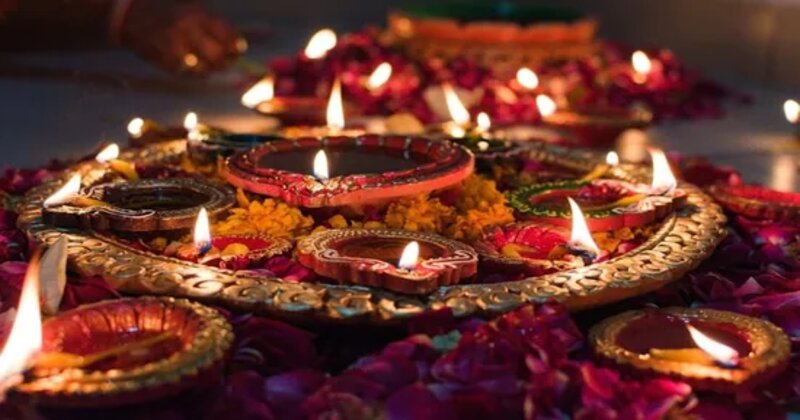
This year, there has been some debate about Diwali’s exact date, with questions about whether it will fall on October 31 or November 1. Vishva Hindu Parishad (VHP) spokesperson Sharad Sharma clarified that Diwali will be observed on October 31. Sharma explained that Amavasya, the new moon phase crucial to Diwali, begins on the afternoon of October 31, making that night the correct time for celebrations. In Ayodhya, the annual Deepotsav will take place on October 30, coinciding with Hanuman Jayanti.
Diwali has deep historical and cultural roots, particularly in the tale of Lord Ram’s return to Ayodhya after a 14-year exile and his victory over the demon king Ravan. The people of Ayodhya celebrated his homecoming by lighting diyas, symbolizing the triumph of good over evil and marking Diwali as a day of joyous celebration. This legend is central to the festival, embodying themes of homecoming, light, and righteousness.
Diwali spans five days, each with distinct rituals and significance. The festivities begin with Dhanteras, a day dedicated to wealth and prosperity, celebrated with home cleaning and the purchase of new items, inviting the blessings of Maa Lakshmi. The second day, Chhoti Diwali or Naraka Chaturdashi, commemorates the victory over a demon, and on October 31, the main Diwali celebration will feature prayer, decoration, and lighting diyas. Govardhan Puja follows on the fourth day, especially in North India, in honor of Lord Krishna, and the fifth day, Bhai Dooj, celebrates sibling bonds, with sisters offering gifts and blessings to their brothers.

Post Your Comments